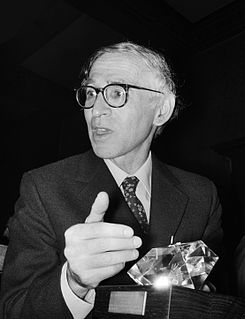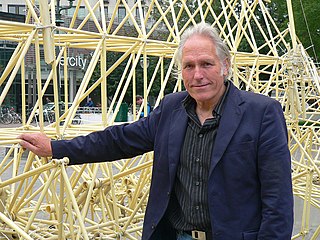A Quote by Aaron Klug
I did not feel a particularly strong call to any one subject, but read voraciously and widely and began to find science interesting.
Related Quotes
I do not find that I feel myself to be any different as an English subject than as an American. I have not the vote in either place, so I am not a citizen of either, and have no call to be patriotic. In fact, I do not see how women can ever feel like anything but aliens in whatever country they may live, for they have no part or lot in any, except the part and lot of being taxed and legislated for by men.
I liked science very much. A science teacher in high school inspired me, and because of him, I began studying science at the university. But when I got there... well, the subject still attracted me a lot, but I had to do all these exams, and it was just like working in an office. I couldn't stand that.
I write about people I think are interesting, and then I discuss it with my editor, and she decides if she thinks it will be interesting to children as well. If I have no great interest in the subject, I find the work to be terribly boring. And if I find the person interesting, I love the research part and, by extension, the writing as well.



































